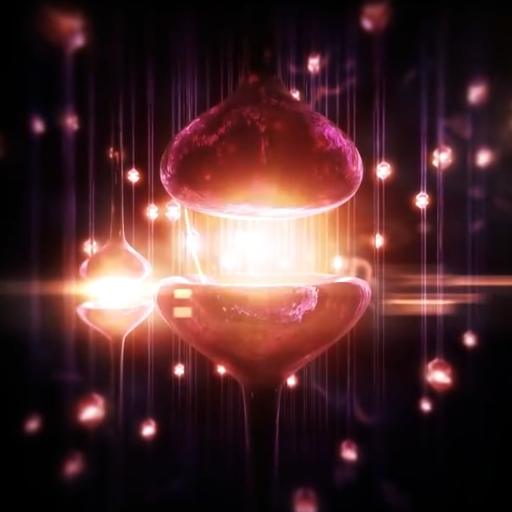The Self
You inside the brain
When we look at the course of evolution, wherein we have been promoted from biological machines to self-aware beings, capable of observing and dissecting the patterns of our own existence, it would almost seem as if this was the plan all along. While evolution has no goal in itself, the idea that we have been made self-aware to come to a point where we are now able to understand the true nature of what we are seems rather compelling and inspiring.
It would then follow that, considering our ingrained biological drive to understand ourselves, we would be naturally eager to make sense of and moreover adopt any new relevant scientific understanding of what we are.
The reality, however, seems to be strikingly different. Far from being a moment of jubilation, most people’s reaction upon hearing or reading about the notion that we are an ever-changing feedback loop of experience is one of apathy and absent-mindedness. They can often logically acknowledge the significance and scientific accuracy of what they’ve just discovered but still find themselves in a state of placid confusion, often wondering if this understanding is supposed to make them fundamentally rethink who they think they are or if it is just a particularly interesting insight that does not necessarily call for a change of paradigm.
Interestingly, this ineptitude to recognize the reality of our true self does not seem to be rooted in narrow-mindedness or dogmatism, but rather on a fundamental misunderstanding regarding consciousness that we are deeply conditioned with. A fallacy that most of us never verbalize or are even aware of and that sits at the heart of our misconceptions regarding our experience.
We believe there is a 'me' inside the brain. Even as you read this book, you've most likely concluded at least subconsciously that there is still a 'you' in the ever-changing feedback loop of consciousness. That while we are an unfathomably complex and rich phenomenon of continuous information processing and near infinite iteration and transmutation, that somehow at every instant and in every loop, a defining part of a single, unified self survives.
We believe this even though each second, the music, the consciousness that emerges from the grey matter mechanisms behind our eyes is different - sometimes unrecognizable so - from what it was a second before. We are never the same, not even for an instant, and yet our experience of the self, of an essential entity at the core of our existence, of an individual inhabiting a body, is so compelling, so inescapably real, that we cannot help but to succumb to its power. Sometimes we manage to get distance from it - while meditating or in those moments of complete awe -, but the feeling soon dissipates as the self triumphantly recoups and retakes our awareness, clouding once again our ability to experience ourselves for what we are.
Throughout the course of our life, we might have come to fixate on a faulty concept of what we are, on stories of a phantom that we define as the self, but we don’t have to keep perpetuating the delusion. In the next topics, we will begin by empirically defining the concept of our true self, proceed by explaining why is our experience of the self so compelling and conclude by revealing how, despite what might seem like an insurmountable feat, we can all develop an awareness where our self-image is in line with what we truly are.
Environment is part of us
As we've thoroughly explored by now, we are the end-product of what seems like infinite loops of neural processes. While, from a neuroscientific point of view, this definition is quite accurate and in line with our empirical observations, it is still nevertheless far from illustrating the grand complexity of what brings us about. To do so, which is to meticulously and scientifically define our true self, we need to consider that each manifestation of what we are is much more than a mere expression of our brain's neural activity - it is also the culmination of all the interaction that led to its emergence.
